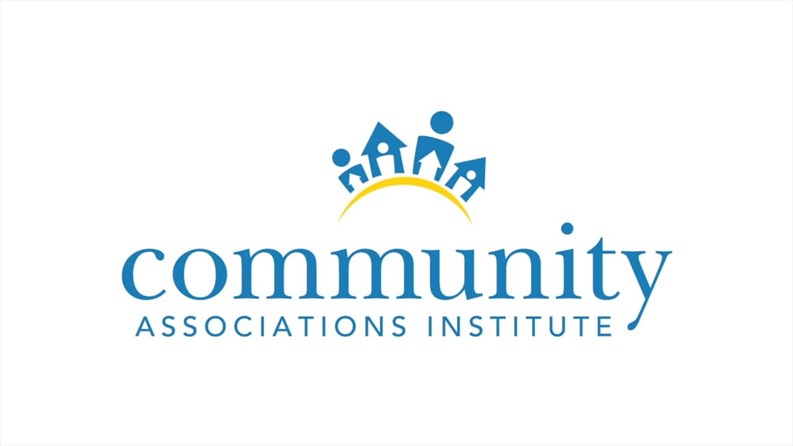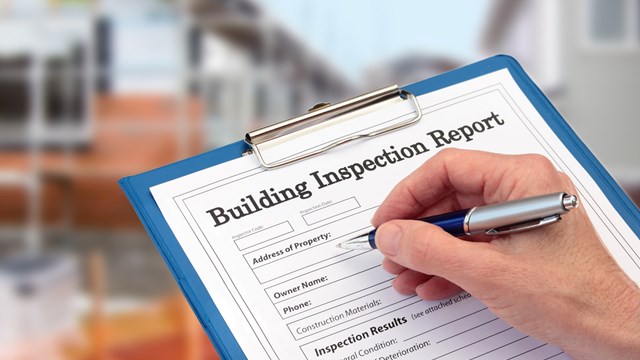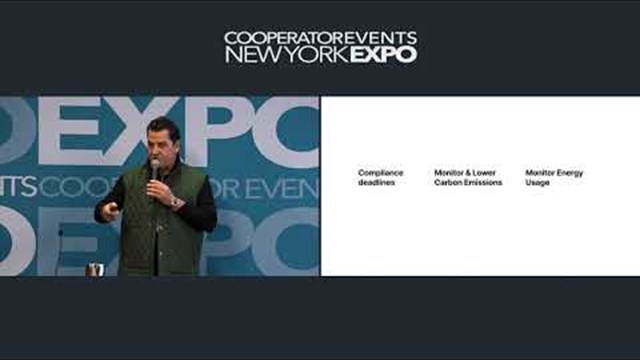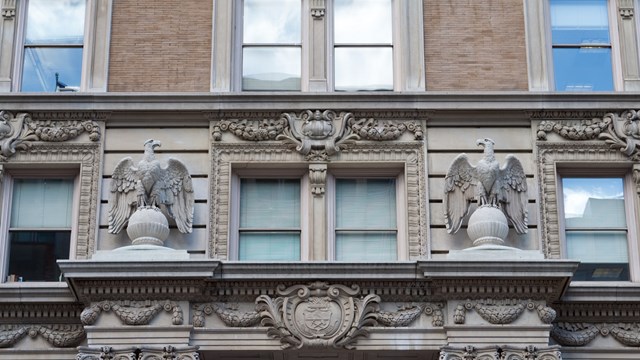Following the tragic partial collapse of Champlain Tower South in Surfside, Florida in June 2021, the Community Associations Institute (CAI) convened a trio of task forces to explore laws and best practices for the community association housing model, and propose changes that could provide solutions for legislators looking to address building safety in their districts, as well as help other multifamily communities avoid the pitfalls that led up to the trauma in Surfside.
The results and findings of the task forces’ work can be found in CAI’s just-published Condominium Safety Public Policy Report, which according to the organization, “provides very specific recommendations on reserve studies and funding, building maintenance, and structural integrity.”
The Process
According to CAI, over a three-month period, more than 600 people participated in “conversations, surveys, research, interviews, and identifying clear recommendations” in collaboration with the three task forces, including “reserve specialists, attorneys, insurance and risk management professionals, developers, engineers, architects, community association managers, and homeowner leaders.”
The report’s Executive Summary further explains how the task force members carried out their mission: “The task forces met weekly to analyze and discuss findings of the surveys and interviews and began developing the public policy positions. They vetted ideas with experts in their field and local practitioners, including board members, managers, and business partners, to ensure practical, reasonable, and meaningful recommendations. The teams were guided by data, inclusivity, and transparency.”
The report summary goes on to note that “An important consideration in this process was meeting the demands of multiple stakeholders—state legislators seeking to introduce legislation in 2022 sessions, congressional representatives looking for immediate solutions for their constituents, federal housing finance agencies hoping to mitigate their risks, the private insurance market trying to mitigate their risks, and homeowners and residents of condominiums and housing cooperatives expecting to feel safe in their homes.”
The Results
CAI’s task forces submitted the final draft of their public policy positions first for consideration by the organization’s Government & Public Affairs Committee, and then for final approval by its Board of Trustees.
The report contains specific public policy recommendations on major topics that should be front-of-mind for every co-op, condo, or HOA board, including reserve studies and funding, building maintenance, and structural integrity. According to CAI, “The recommendations in this report include specific public policies CAI believes should be considered for adoption into state law to support the existing statutory framework for the development, governance, and management of community associations, also referred to as common-interest developments, common interest communities, planned communities, condominiums, townhomes, housing cooperatives, and homeowners associations.”
In addition to the data collected by CAI itself from its own membership, the organization also incorporated data from the Foundation for Community Association Research’s (FCAR) 2020 Homeowner Satisfaction Survey, and input from the National League of Cities, the National Society of Professional Engineers, the National Association of Counties, the Building Owners & Managers Association, the International Code Council, the Building Inspectors Association, the American Property & Casualty Association, the American Society of Civil Engineers, and the National Association of Housing Cooperatives.
CAI’s Federal Legislative Action Committee also opened dialogue with members of Congress, Fannie Mae, Freddie Mac, the Federal Housing Finance Agency, and the Department of Housing and Urban Development (HUD) about potential policy changes. According to the report, “CAI identified several federal policy solutions to support financial stability, maintenance, building inspection, and structural integrity.”
Read a PDF of the full report here: Condominium Safety Public Policy Report










Leave a Comment